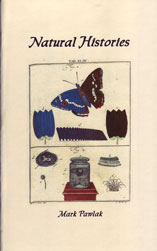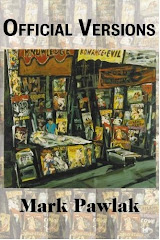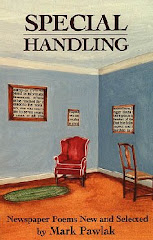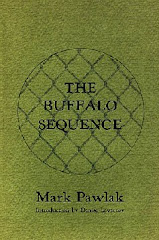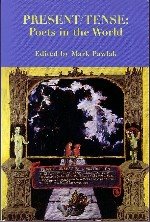
Another sad entry in the roster of deaths this gloomy season: Keith Wilson died Tuesday in Las Cruces at age 81. A graduate of the U.S. Naval Academy (class of 1950), he wrote moving, perceptive poems about the Korean war, in which he served 4 tours of duty. He was the best poet to come out of that conflict. I first read his Graves Registry & Other Poems (Grove 1969) in the early seventies, followed by Midwatch (Sumac, 1972). Graves Registry was his major work and he added further sections to in in later decades, parts VI-VIII. The complete volume, published in 1992 was nominated for the National Book Award. Keith grew up and lived most of his professional life in the southwest, teaching at the University of New Mexico, Las Cruces. He was named that city's first poet laureate. His poems about the arid southwestern landscape, which he loved, and its Indian, Mexican, Anglo mix of peoples show a poet of the eye more than the ear. He published dozens of books. Heloise, his wife says his collected poems is ready for print and will be published by Clark City Press. It's purportedly 1000 pages in length.
I was first introduced to Keith by Denise Levertov in about 1975 when he read his work at Tufts. I saw him several more times in subsequent decades whenever he came east to read his work. The last time was about 10 years ago at UMass Boston, where I teach. My other connection to Keith was through Hanging Loose. His poems first appeared in issue #5/6 in 1968, and then in several subsequent issue spread out over many years. My Hanging Loose co-editor Ron Schreiber included Keith's work in 31 New American Poets (Hill and Wang, 1969) the anthology he edited. Keith's mother-in-law, poet Besmilr Brigham, was also included in Ron's anthology and was also a HL contributor over a span of about 25 years.
Here is a sample of Keith Wilson's poetry from "Graves Registry" that appeared in 31 New American Poets:
the singer
who did sing, whose voice
spoke out of a guitar's darkness;
in a clear young night he
sang midwatches away, telling
of country lands, of growing crops
green corn, tall in the fields
of Kentucky; dark songs of love,
concerns and ancient questions
he had not yet lived to confirm
or deny.
17. About 6'1". Heavyset,
with plowman's hands & walk.
Then there was my gun.
In its way, it sang too. Clean machine
oiled & perfect, the slide flashed
back over my relaxed hand pow. pow. pow.
& .45 wadcutter slugs crimped neat holes
in the fluttering paper; the gun
was a happiness to my hand.
Many nights that boy was the whole
watch as I would lean against the flying
bridge, coffee growing cold in my cup,
listening to that voice sing out
the darkness ahead.
Then came the time in port. Just before
the invasion. The gunner mates were
cleaning all weapons for the coming action &
claimed mine too.
I was on the bridge
checking the charts. An indistinct
popping sound. Silence.
Running feet, & shouts.
When I got back to the fantail
he was lying there, his boy's face
twisted & grey, big farmer's hands
held in his guts, guitar beside him.
My gun in the destroyed mate's hand.
Smoking faintly.
These are the things get lost.
Guitars. Guns. hands to hold
onto them.
And here is a New Mexico poem that appeared in Hanging Loose #5/6 (1968):
The Prayer
...to speak of violence at a time like this
when my lips would sing
siempre tiene bienvenidos
en esta casa, Nuestro Senor
finding now, in this
aging darkness, the twin selves
playing like children against
the light, the light!
almost I did not see
beyond the circle of darkness
which is its limit
where once I walked talking
of guns, bright edges
the smaller victories of the wind
and all the time
Nuestro Senor
there was this song
all about me
it had only to open
my mouth to sing.

